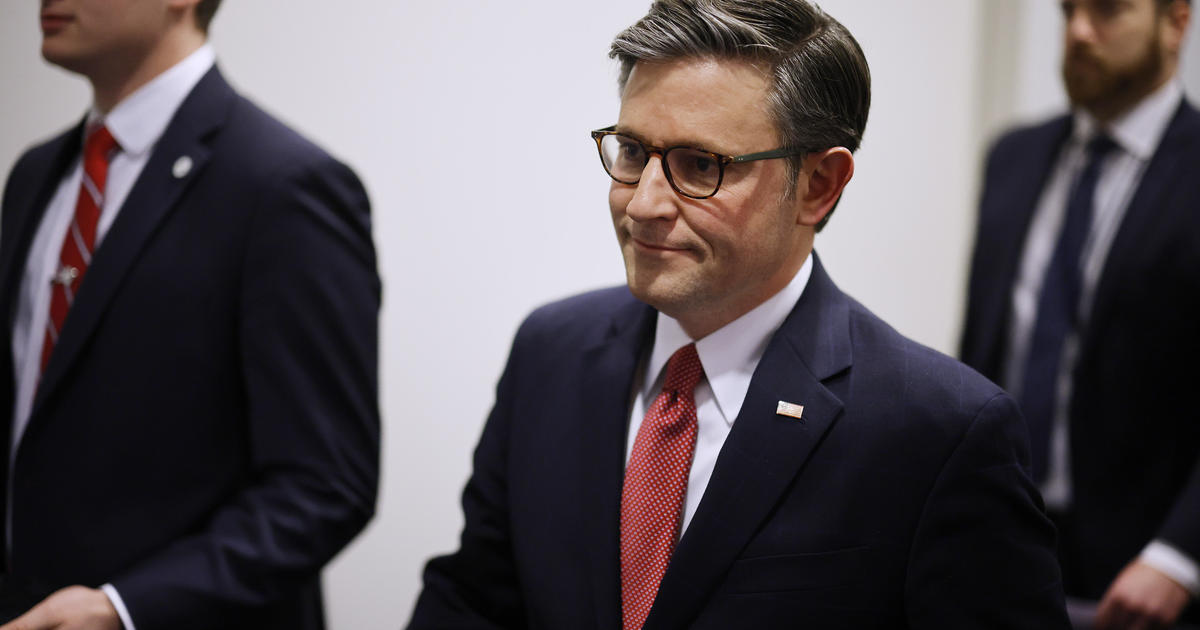The House of Representatives plans to vote on a temporary government funding extension to prevent a partial shutdown, with the short-term patch funding some government agencies until March 8 and the remaining agencies until March 22. Congressional leaders reached an agreement on Wednesday evening, emphasizing the need for bipartisan cooperation to fund the government. The deal sets up a vote on six of the 12 annual spending bills before the end of next week, with a one-week extension allowing time for lawmakers to review the package’s text and pass the remaining spending bills by March 22.
Since the end of last September, the government has faced multiple shutdown threats due to Congress’s inability to pass annual appropriations bills on time. Short-term extensions, known as continuing resolutions, have been used to keep the government operational. If the latest extension is not approved before Saturday, funding for transportation, housing, agriculture, and veterans programs will run out, with funding for other agencies, such as the Pentagon, set to lapse on March 8. House Speaker Mike Johnson proposed the new plan following a meeting at the White House, with lawmakers optimistic about avoiding a shutdown before the impending deadline.
With negotiations over spending prolonged by Republican divisions, House conservatives demanding significant cuts and policy changes have hindered progress on passing bipartisan legislation. House Freedom Caucus chairman Bob Good expressed disappointment in the deal, stating that he hopes Speaker Johnson does not bring it to a vote if a majority of Republicans do not support it. Despite reservations from some Republicans, the White House expressed support for the funding extension, highlighting the need to prevent a shutdown and work on bipartisan appropriations bills and national security measures.
The new deadlines place pressure on the House to pass spending legislation, especially with Republican divisions complicating the process. House Speaker Johnson, overseeing a narrow majority, has had to rely on Democratic support to pass continuing resolutions in recent months. The ongoing challenges in reaching a consensus on spending priorities have delayed progress, with lawmakers now facing the task of passing the necessary funding bills to keep the government operational until September. The urgency to avoid another shutdown underscores the importance of bipartisan cooperation in funding the government and addressing key national security and domestic priorities.
In conclusion, the House is set to vote on a temporary government funding extension to avert a partial shutdown, with the short-term patch providing funding for some agencies until March 8 and the rest until March 22. The agreement emphasizes the need for bipartisan collaboration to pass spending bills and keep the government running. As the latest deadlines approach, lawmakers face the challenge of navigating Republican divisions and securing support for the necessary funding measures. The pressure to pass appropriations bills highlights the importance of finding common ground and addressing key priorities to ensure the government’s continued operation.









